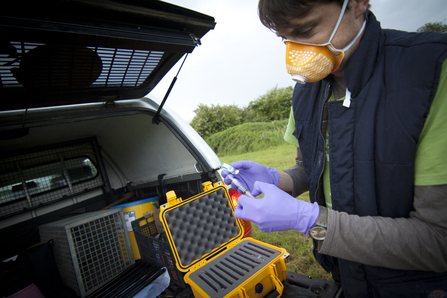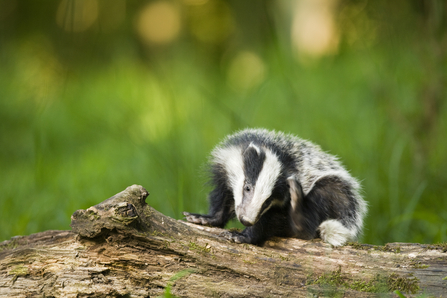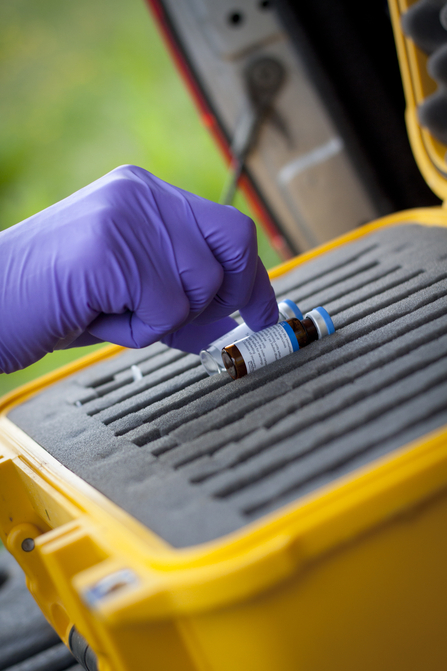
Tom Marshall
Paul Wilkinson, head of Living Landscape for The Wildlife Trusts, said:
“We’re exasperated by today’s announcements and condemn any intention to roll out the badger culls, which have been found to be repeatedly flawed in their methodology, measures and objectives. They are a resounding policy failure which should be halted immediately.”
Culling badgers is likely to increase the bovine tuberculosis risk to cattle due to the perturbation effect, where disruption of otherwise stable badger social groups causes individuals to range beyond their usual territory and come into contact with neighbouring animals, increasing the risk of disease transmission.


